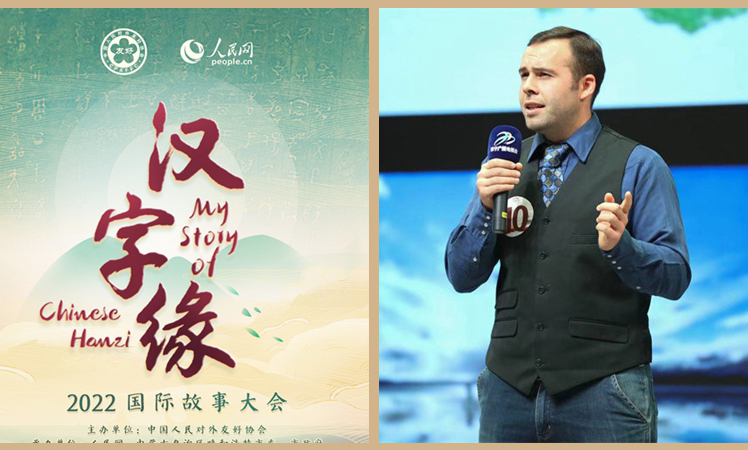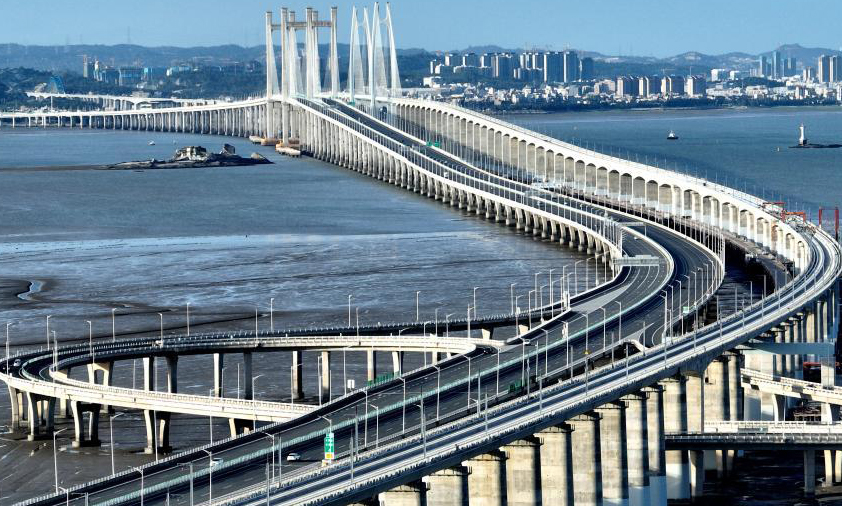Pacific region can balance threats with strengths, opportunities: Fijian PM
SUVA, July 12 (Xinhua) -- The Pacific region can balance the threats of pandemic, climate and conflict with a multitude of strengths and opportunities by using its significant natural resources on land and in the ocean, said Fijian Prime Minister and the Pacific Islands Forum (PIF) Chair Voreqe Bainimarama on Tuesday.
"We now find ourselves in the crossfire of these three Cs, three deadly Cs -- COVID, climate, and conflict. Each factor dangerously compounding the other. That is the inescapable reality of the situation," Bainimarama said while officially welcoming Pacific Islands Forum leaders here on Tuesday evening.
While speaking at the leaders dialogue with associate members and forum observers earlier on Tuesday, Bainimarama said that the most important consideration this week is how the Pacific Islands Forum chooses to navigate the challenges and opportunities as they voyage into the future.
Besides the long-standing socio-economic challenges that have been exacerbated by the pandemic, climate change is also hurting the Pacific people's security and livelihood, damaging the Pacific economy, and in many instances, it is threatening the Pacific sovereignty, he added.
He expressed the hope that they can continue to find value and indeed belonging within the forum family through the dialogue mechanism and resolution they are working toward.
Meanwhile, New Zealand Prime Minister Jacinda Ardern said here on Tuesday that climate change is a major threat to Pacific agriculture, putting their region's food security at risk.
Climate change and extreme weather are impacting crop yields and reducing supply which exacerbates food insecurity and increases food prices, she added.
Ardern announced a contribution of 10 million Fijian dollars (about 4.4 million U.S. dollars) to the conservation of Pacific crop seeds impacted by climate change.
The 10 million Fijian dollars will be allocated to the Fiji-based Center for Pacific Crops and Trees (CePaCT), which has been conserving the region's collections of 17 crops including yam, coconut and 70 percent of the world's taro varieties since 1998.
The four-day PIF leaders meeting started here on Monday and will end on Thursday. During the meeting, PIF leaders will launch the 2050 Strategy for the Blue Pacific Continent (The 2050 Strategy) and discuss other issues such as regional development, socio-economic challenges and climate change.
Photos
Related Stories
- More cases of leptospirosis, typhoid, dengue fever reported in Fiji
- Fiji receives Chinese material assistance for weathering cyclone season
- Fijian actual PM stresses importance of country's moving forward despite COVID-19
- Fiji reports 2 more COVID-19 cases
- Fiji calls for comprehensive approach to ensure rights of persons with disabilities in post COVID-19 world
Copyright © 2022 People's Daily Online. All Rights Reserved.









